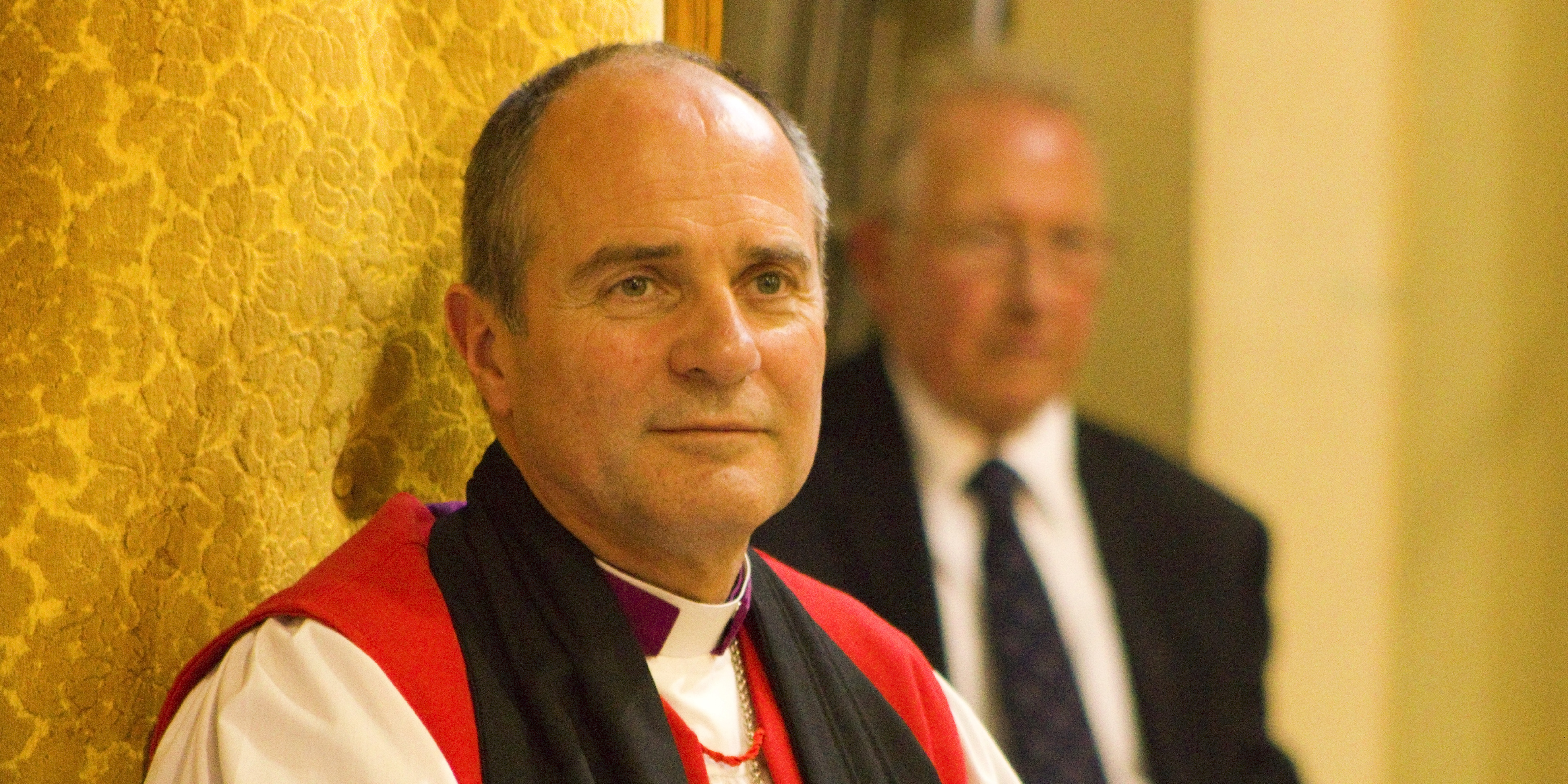
A house divided against itself cannot stand. These were words which came to mind as I woke up to the news that we had voted to leave the EU on Thursday 23 June 2016.
Spoken by Jesus in a very different situation and context they resonated deeply with where so many countries find themselves in our time. The divisions that are being revealed in the USA and the UK are considerably less destructive than those we witness in Syria and Iraq, but they are nevertheless dangerous.
Speaking about the societal tensions in America, Bishop TD Jakes said that his country was being forced into a conversation which should have been had years ago. People had not been included in his nations strategy for success; the American Dream was turning into a nightmare and it was not just about issues of colour. He spoke of pain being a gift to draw attention to a problem we had not noticed and anarchy erupting when someone in power forgot somebody who wasnt.
The pain which the US has been experiencing has been manifested in civil disturbances across different States, and in the nomination of Donald Trump as the Republican presidential candidate. The latter an unthinkable proposition 12 months ago. The issue which Bishop Jakes identified was inequality of opportunity and its parent or sibling, economic inequality.
Of developed nations, the gap between the richest 20% and the poorest 20% in society is greatest in the USA. In a seminal study published in 2011 entitled The Spirit Level, Richard Wilkinson and Kate Pickett found a clear and worrying association between the degree of economic inequality and the prevalence of a wide range of social and health related issues: rates of divorce, mental illness, alcohol and drug addiction, life expectancy, and crime to name some. These issues may impact the poorest most but the reality is that they impact the most affluent as well as the least.
The worrying news for ourselves is that the UK was the third most unequal developed nation in that study. We now have levels of inequality of wealth not experienced for 100 years and the gap has widened over the last four decades. Paradoxically, the bad news that inequality affects everyone rich and poor is a blessing in disguise as it can bring us together to address it. The causes of inequality are deep and complex but this does not mean we are impotent to act.
An influential atheist friend of mine is convinced that churches have a key role to play and describes the Church of England as the conscience of the nation. Becoming more alive to the increasing signs of dis-ease related to inequality and drawing attention to them is one simple action, for example by listening to Richard Wilkinson speak about his research on YouTube or reading The Spirit Level. Brexit and the US elections have surfaced deep divisions for which there will be no quick fix.
In this climate, signs of God's Kingdom and witness to our King may find greater traction. This is not about adding more to our agendas, but how we might put flesh locally on our Diocesan vision of Creating Connections and better embody a way in which nobody is ignored or forgotten.
+Lee, November 2016